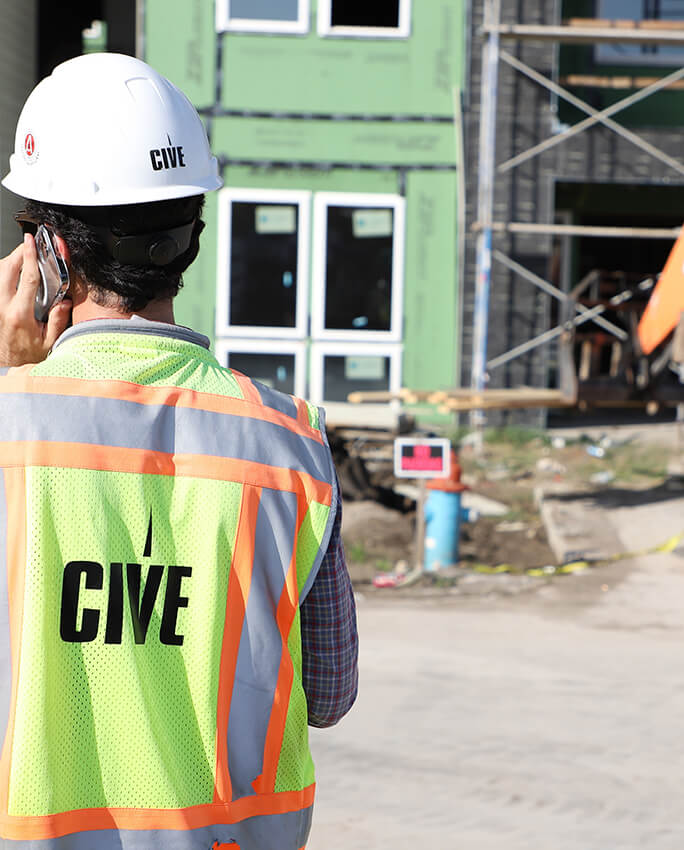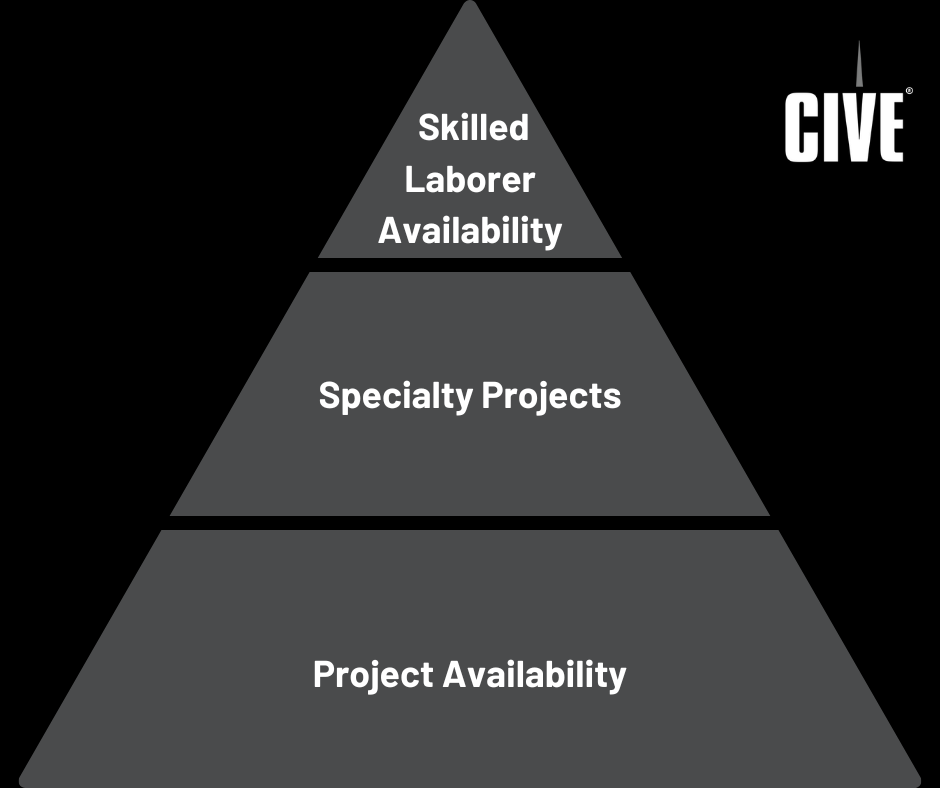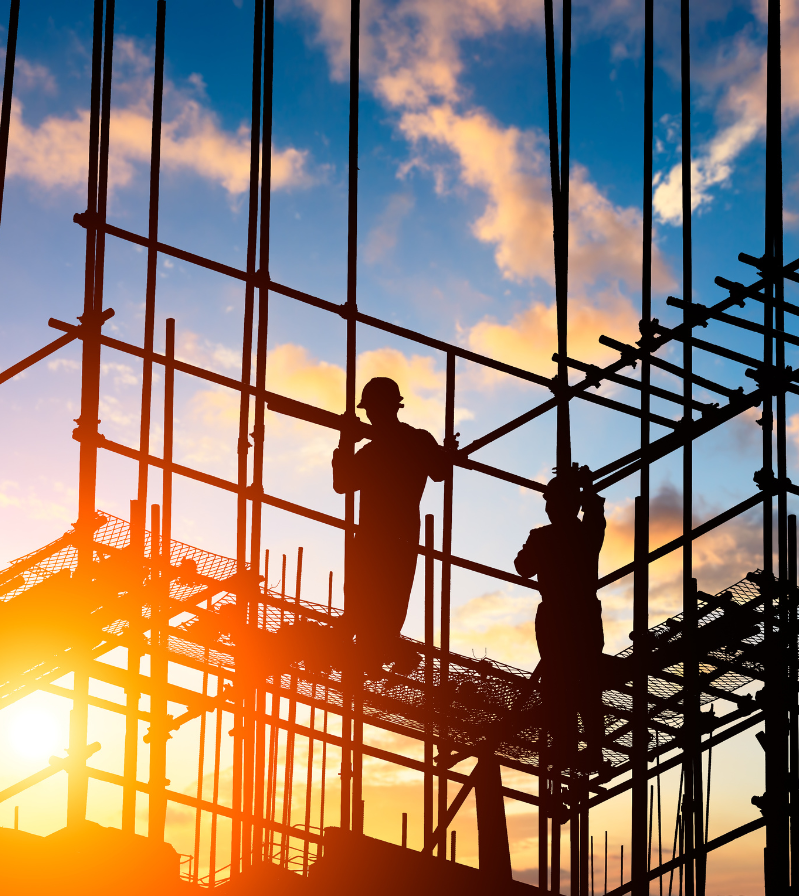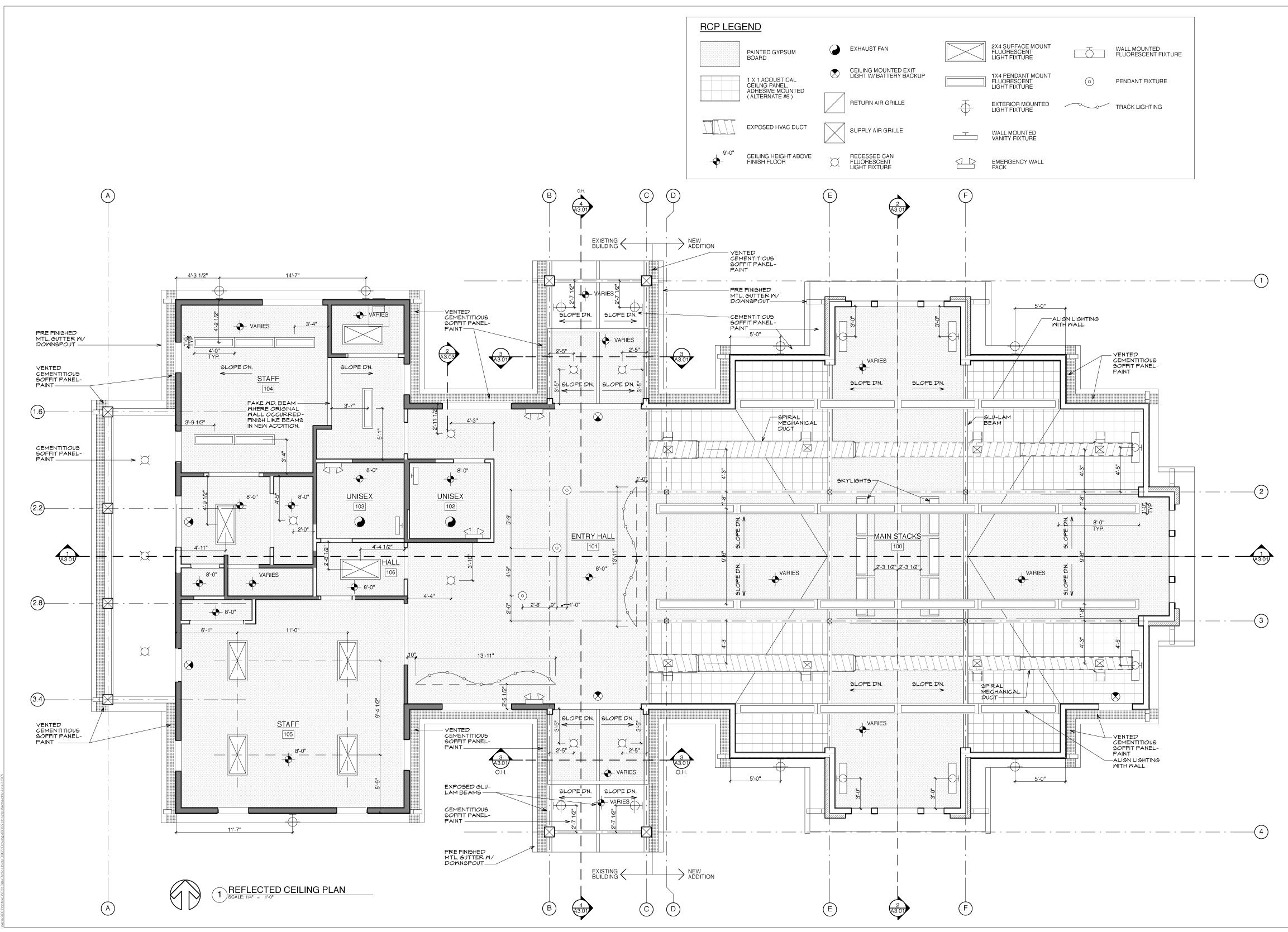 First-time project managers may get overwhelmed by the tasks that come with building a commercial structure. Their duties include coordinating, organizing, as well as overseeing every procedure from the beginning to the end. Most importantly, project managers should strive to see that the project does not go beyond the stated budget. They should pursue critical issues such as contract and supply negotiations, obtaining legal permits, as well as licenses. Here are some commercial building tips for construction managers:
First-time project managers may get overwhelmed by the tasks that come with building a commercial structure. Their duties include coordinating, organizing, as well as overseeing every procedure from the beginning to the end. Most importantly, project managers should strive to see that the project does not go beyond the stated budget. They should pursue critical issues such as contract and supply negotiations, obtaining legal permits, as well as licenses. Here are some commercial building tips for construction managers:
Identifying the Ideal Location
One of the initial stages when constructing a commercial real estate building is finding a location. A manager must evaluate several factors before making the final decision regarding the site of a new building. They include accessibility, legal issues, boundaries, type of soil, local demographics, traffic patterns and several others.
Come up With a Budget
Depending on the design used, the costs for building a commercial structure can vary widely. The budget should be comprehensive and include the foundation, materials, delivery fees, as well as labor which is a large part of any construction project. The rates may be higher if the structure requires extra finishing or specialized features.
In 2019, the construction cost for commercial buildings increased by 5%, attributed to the rise in material prices, as well as lack of labor resources. Thankfully however, there are reliable solutions to help offset rising construction costs. Commercial real estate contractors can now enjoy reduced costs while building or doing general development tasks. Efficient project managers can put control measures to combat the rising cost of building materials and labor.
Scrutinize the Pre-Design Stage
This stage features the objectives and intentions for the project. It is where the investor realizes the actual cost of the project. The project manager should consider inviting the contractor and the architect at this phase. Alternatively, you can work with a design planning company to make the process run efficiently. Besides planning, the architect or engineer and contractors help conduct other critical tasks in the building process. They include identifying the right construction materials, determining the possible cost of the project, and deciding on the features and physical appearance of the building.
The Actual Design
This phase provides the contractors with the overall image of how the building should appear. The design contains guidelines and timelines for every step in the process. Besides the architect and the constructor, the stage features other experts, including structural engineers, electrical engineers, mechanical engineers, civil engineers, as well as relevant inspectors.
Understand the Pre-Construction Stage
The builder must observe several critical tasks before embarking on the construction process. This procedure may consume more time, depending on various factors including:
Acquiring the permit for the building – The process involves forwarding the design to the construction authority, which may suggest possible changes to the plan. Upon approval, the department gives an official permit for the construction to commence.
Applying for insurance – The construction comes with possible risks, which require employees to have insurance cover. Several options include Builders Risk Insurance, Worker’s compensation Insurance, and Contractor General Liability Insurance.
The Construction Phase
After obtaining all the necessary paperwork, the contractor can start the construction phase. This final stage comes with milestone that should run smoothly if everything else is in already in place and properly coordinated. The first step calls for preparing the site, which includes excavating, utility installation, vegetation clearing, construction of temporary structures, and executing other preliminary plans. The last stage after the construction phase involves inspecting to confirm that everything went on as planned. At that point, the client makes a list of things that may need secondary attention or change orders.
The construction process comes with numerous steps that require precision and follow through. Excellent communication and teamwork between the involved parties are critical to ensure success and to help maintain the project’s budget. We hope these brief commercial building tips can add value to your operations. If you have an ongoing project or a considering a new one, you can request a free consult with one of our experts to get you kickstarted.






